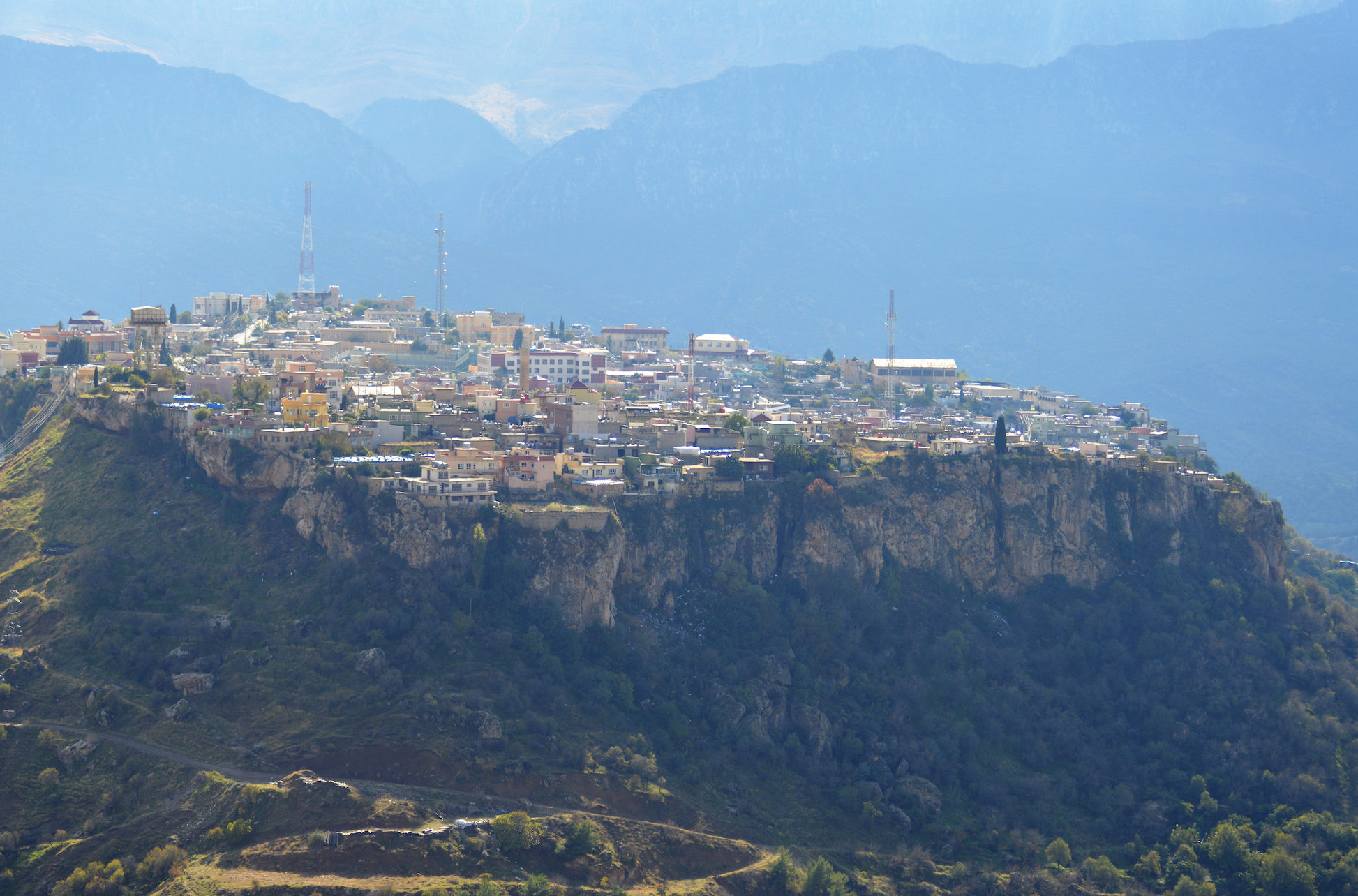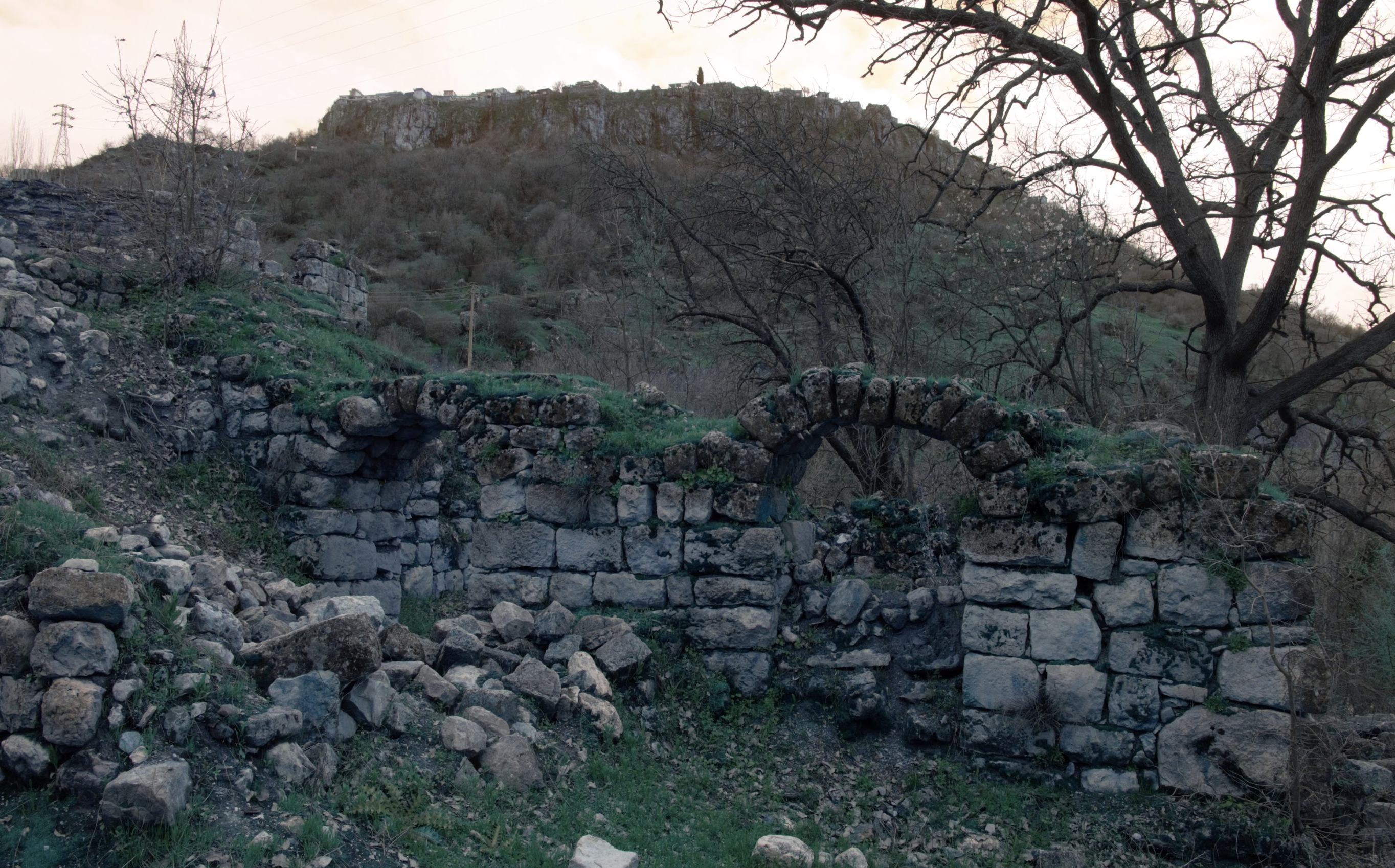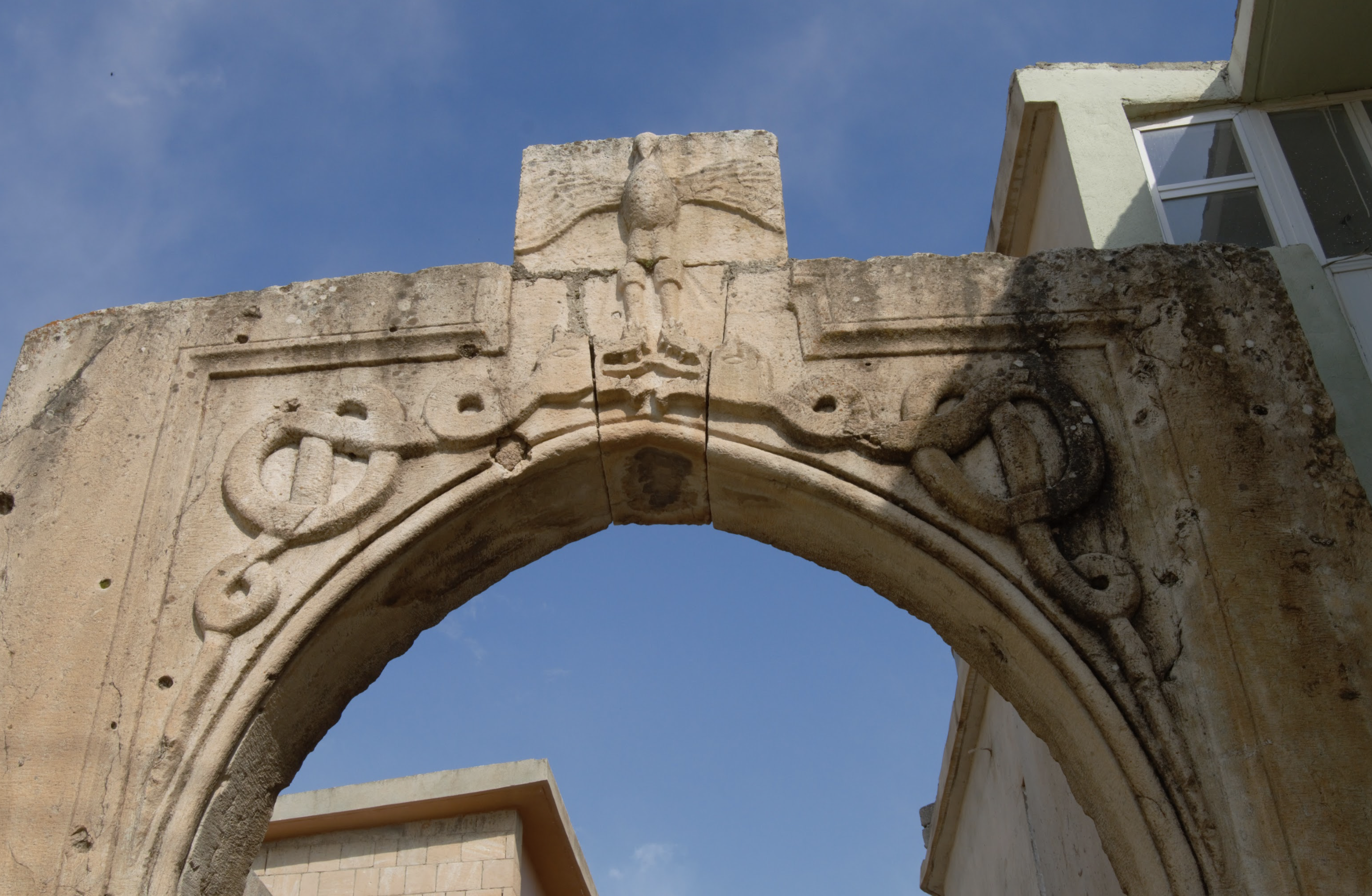In a captivating interview, we had the pleasure of speaking in Denmark with Kristian Alex Larsen, the author of a book recently published in Istanbul called Amedi. Larsen’s unique background and deep appreciation for different cultures stem from growing up in a bicultural family. With a Danish father and Greek mother, he was immersed in diverse traditions from an early age.
Larsen holds a master’s degree in political science and Near-Eastern Archaeology, and worked as an academic consultant in various municipalities in Copenhagen before retiring. Although retired, he plans to continue publishing academic articles on archaeology, sharing his expertise and insights with the world.
Larsen’s interest in the Kurds dates to the early 1980s, when media coverage of the Kurdish resistance and the arrival of Kurdish refugees in Denmark left a lasting impression on him. The atrocities committed during the Anfal campaign, particularly in Halabja, deeply shook him, and the images of families struggling to survive under horrendous conditions in the mountains at the border with Turkey remain etched in his memory.
Larsen’s connection to Kurdish culture deepened when he married Galavis, a Kurdish woman, in 2000. Since then, their travels have taken them to the Kurdistan Region numerous times, with his wife’s hometown of Amedi holding a special place in their hearts.

Amedi
Perched on an imposing mesa in the Duhok Governorate of the Kurdistan Region, the town of Amedi has fascinated scholars for centuries. Even 250 years ago, Carsten Niebuhr, a scientist in the service of the Danish king, wrote about Amedi during his oriental expedition. Although Niebuhr did not have the opportunity to visit Amedi himself, he described it as an impregnable town renowned for its fortifications and its exportation of oak apples used for making ink.
Inspired by his visits to Amedi and the captivating conversations he had with the locals, Larsen was driven to delve deeper into the wonders of the town and share its beauty with the world through a book.
The aim of Amedi is to illuminate the marvels of Amedi and Kurdistan, as seen through Larsen’s eyes. The book serves as a celebration of the town’s captivating beauty, cultural heritage, and enduring spirit. Situated harmoniously in nature, Amedi’s ancient monuments and rich history captured Larsen’s attention, inspiring him to bring its wonders to life through his photographs and narratives.
While war and grief have undoubtedly shaped Kurdish history, Larsen wants to showcase the region’s multifaceted nature. Amedi, in particular, embodies the values of tolerance and friendly coexistence that are so central to life in the Kurdistan Region.

Kurdistan and the Kurdish language
During his journeys to Kurdistan, Larsen observed both differences and similarities between Kurdish and Danish cultures. One notable difference that he discovered was the Kurds’ inclination towards dancing when they come together, a stark contrast to the reserved nature of dancing in Denmark. However, he also found that social relations and showing respect towards others hold great importance in Kurdish culture, something shared with Danish culture. This also resonated with him deeply, as he believes that such values are fundamental to fostering harmonious communities. As an archaeologist, Larsen recognizes that while cultures are unique, they also share surprising similarities that may be rooted in ancient times.
Despite the challenges of learning a new language at his age, Larsen is determined to learn the Sorani dialect of the Kurdish language. He finds it fascinating that there are many cognates between Kurdish and Danish, as both languages belong to the Indo-European family, indicating common linguistic roots.

Hope for the future
As our interview drew to a close, Larsen expressed his hopes for the Kurdish people, envisioning a future where they can exercise their right to independence and determine their own destiny. Additionally, he hopes that the accomplishments and beliefs of the Kurdish people will receive the recognition they deserve.
Larsen eagerly shared that the esteemed journal, Adoranten, will soon publish an article that he was written that focuses on a significant rock painting from the area of Hakkari. Through his experiences and insights, Larsen invites readers to embark on a journey of discovery, celebrating the marvels of Amedi and Kurdistan.

Goran Shakhawan is a Kurdish-American journalist and author based in the United States. He covered news for several Kurdish news outlets and was a former senior correspondent for Kurdistan24 in Erbil and Washington D.C. He has published several books in Kurdish.

